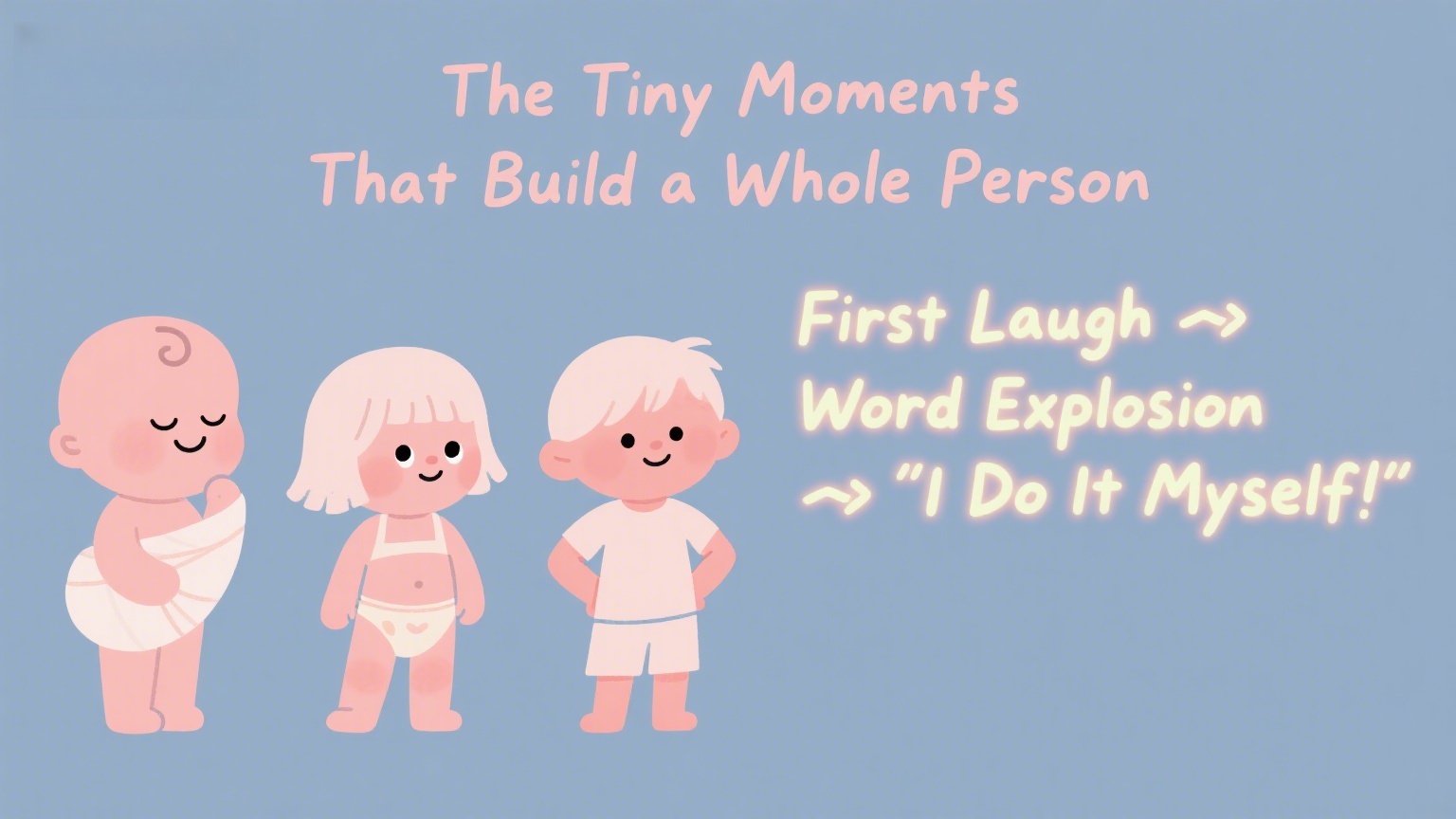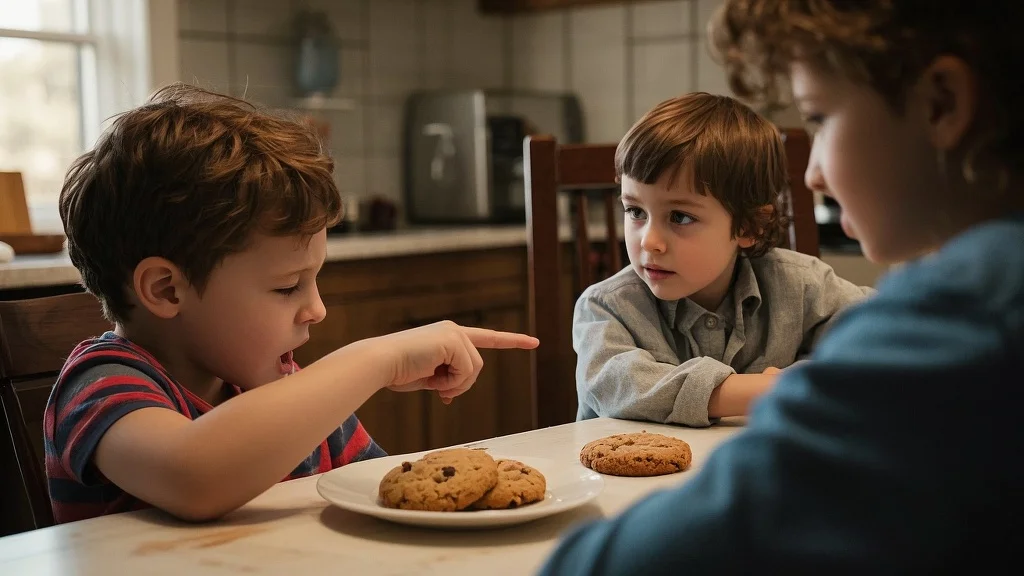While parents eagerly anticipate big moments like first steps and first words, many subtle but important developmental milestones often go unnoticed. We’ve consulted experts to highlight these special stages, when they typically occur, and what they mean for your child’s growth.
Always consult your pediatrician if you have concerns about your child’s development.
Baby’s First Laugh (3-6 months)
In their earliest months, babies focus on basic needs, but between 3-6 months, something magical emerges – their first genuine laugh. This marks when their brain starts processing information faster.
You’ll typically hear that precious giggle during:
- Playful interactions (“I’m gonna get you!” with belly kisses)
- Funny faces or unexpected sounds
- Silly actions (like wearing a teddy bear on your head)
Pro Tip: Keep the laughter coming by playfully disrupting expectations. These interactions aren’t just adorable – they’re building crucial social skills.
The Vocabulary Leap (12+ months)
After first words come the real linguistic fireworks. Watch for the exciting transition from single words (“dog”) to descriptive phrases (“fluffy white puppy”). This shows they’re not just naming objects, but understanding differences between them.
How to help: Use rich, descriptive language in daily conversations to expand their growing vocabulary.
Memory Milestones (Preschool Years)
When your child starts recalling past events (even if they mix up timelines), they’re developing essential cognitive skills. Those emotionally charged memories (like holidays at Grandma’s) are building blocks for future learning.
Memory boosters:
- Review events together using photos or mementos
- Gently correct timeline confusions (“Actually, that happened last summer”)
- Be patient when they group all past events as “yesterday”
The “I Do It Myself” Phase (3-4 years)
That determined “I want to do it!” signals important growth. Dressing themselves builds:
- Fine motor skills (starting with stretchy clothes)
- Hand-eye coordination
- Self-confidence
What to expect:
Age 3: Can manage simple clothing
Age 4: Ready for buttons and zippers
Stock up on easy-wear clothes and celebrate their growing independence – even when it takes extra time.








